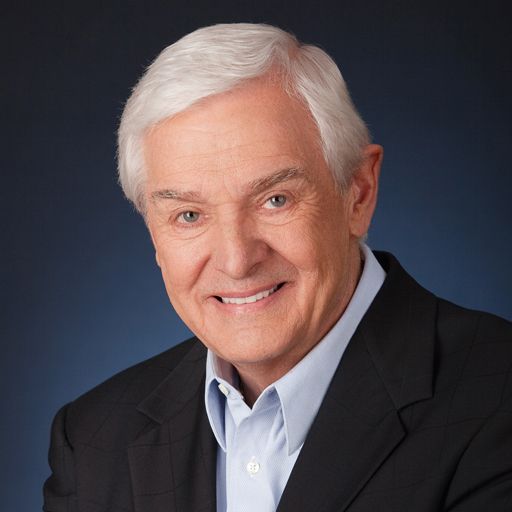Baby Face Nelson was one of the most notorious gangsters of the 1930s. He terrorized small banks in America’s heartland, robbed and murdered with daring abandon, and killed more FBI agents in the line of duty than any other single American citizen.
His brief career reads like a gangster movie—bank robberies, hostages, shoot-outs, police chases, FBI raids, notorious thugs, and narrow escapes. After FBI director J. Edgar Hoover announced that Baby Face Nelson was Public Enemy Number 1, the outlaw lived as a fugitive with his wife and two children in California and Nevada.
But he was drawn like a magnet back to Chicago. On returning to Illinois, Nelson passed a car being driven by FBI agents. The agents and the outlaw instantly recognized each other, and both turned to chase the other. Shots flew in both directions, and the vehicles came to a halt. During the ensuing gun battle, Baby Face was struck in the chest, but slumping behind his car, he kept firing. He was shot nine times, yet he managed to escape to a hideout nearby. The young gangster knew he was fatally wounded. “I’m done for,” he said. He died in bed at the age of twenty-five.
We can’t identify with Baby Face’s violent streak; but there’s one way in which many of us are like him, we’re drawn back to the scene of our crimes. We’re sometimes haunted by the remorseful memories of mistakes we’ve made, sins we’ve committed, stupid things we’ve said and done.
Chronic regret is not a healthy emotion. Yes, we should feel godly sorrow for our sins and turn from them in repentance. We should confess our failures to God and forsake them with His strength. But we should beware of unremitting regret and ongoing remorse for sins that Christ has died for and which God has forgiven.
How do we recognize unhealthy regret in our life? You might be suffering regret if: (1) You don’t like yourself very much, and you constantly talk yourself down; (2) you keep confessing the same sins over and over again; (3) you feel “unworthy” to do anything for the Lord; (4) you can’t shake a sense of shame, embarrassment, or guilt that plagues you.
Many people’s hearts are coated with fingerprints of regret. Instead of confessing their sin to God or apologizing for their conduct to others and moving on, they seal it up like a toxic vapor inside their own personalities. Regret can doom a marriage when a sinning partner lives with regret but never arrives at confession and repentance. It can harm a friendship when one person conceals and covers his sin due to shame. It can even drive us from church.
Partners in Crime
Guilt and shame are regret’s partners in crime. A true sense of guilt is a good thing, of course. Godly sorrow is vital for holy living. But a lingering, nagging sense of guilt over sins confessed and forgiven isn’t from the Lord. He wants us to feel whiter than snow (Isaiah 1:18).
Shame is how we feel when we carry that lingering guilt around in the presence of others. The devil wants to afflict us with false guilt and lingering shame; and that is not from above.
This kind of unhealthy regret finds its hideout in a conscience that doesn’t yet fully realize the extent of God’s forgiveness or the power of Christ’s blood. When regret uses your conscience as a hideout, it needs to be evicted.
Here’s the reason. When regret hides out in your conscience, it torments you with restless thoughts. It keeps revisiting the scene of the crime. The best thing to do is forgive yourself on the basis of God’s grace. Jesus told us to forgive our brothers from the heart, and sometimes we ourselves are the brother or sister we need to forgive.
Repentance and Scripture memorization can throw regret out on its heels. Take your sins, however deep, and confess them once and for all to God, specifically and earnestly. Take your mistakes and put them under the blood of Christ. Find key passages about God’s abundant forgiveness and commit them to memory. Let the power of the blood of Christ, the reality of repentance, and the therapy of Scripture memory set you free.
####
Dr. Jeremiah is the founder and host of Turning Point for God and senior pastor of
Shadow Mountain Community Church in El Cajon, California.
For more information on Turning Point, go to
www.DavidJeremiah.org.






